How To Be A Sustainable Student Part One: Eating
What you eat really can have a huge impact on the environment...
There are so many things to consider when it comes to your diet - but what you eat really can have a huge impact on the environment.
So many studies have been done over the years that looking for reliable dietary advice can make your head spin, and with a new fad diet popping up on what seems like a weekly basis it’s difficult to know who and what to believe at times.
That being said, there is a growing consensus among the scientific community that particular elements of the human diet are having a far greater impact on our planet than others.
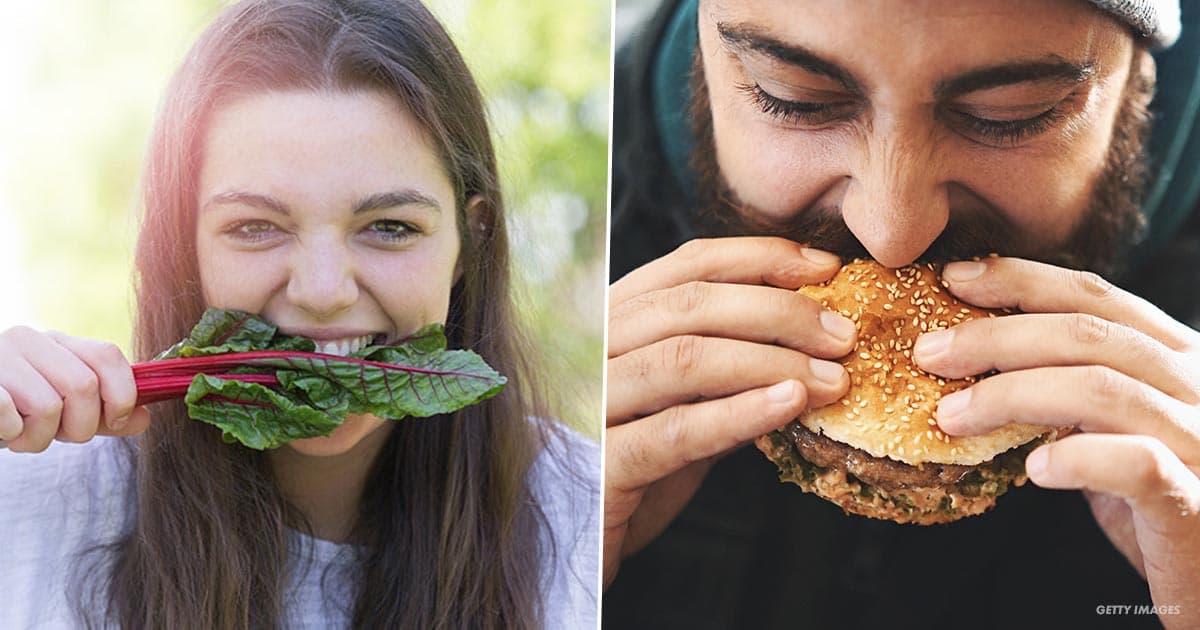
It’s important to point out that the aim of this article isn’t to make anyone feel guilty about what they eat (especially if they’re confined by dietary requirements) but simply to present some facts and figures that can guide you towards eating both more sustainably, more frugally and more deliciously!
You are what you eat
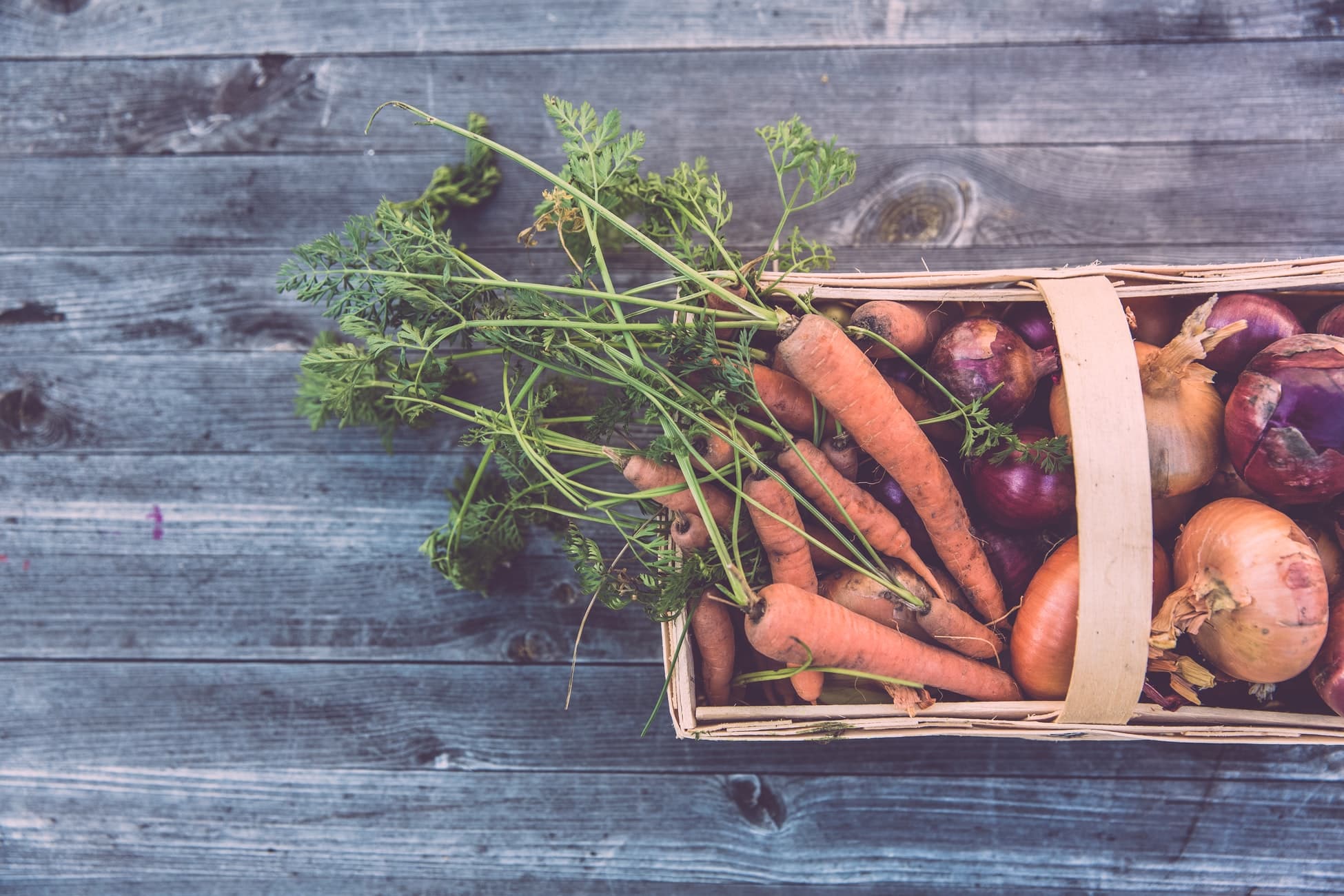
Roughly 25% of all the greenhouse gases produced by human activity come from agriculture, with the majority of those from the meat and dairy industries.
Cutting out - or even just reducing - the amount of meat in your diet (if you can) is not only a great way of lessening your carbon footprint, but will also save you a valuable bit of cash in the process.
Switching to a completely plant-based diet is the best way of minimising your effect on the environment, with a recent study carried out at the University of Oxford finding that converting to veganism can reduce your environmental impact from food by a massive 73%!
To take it to the extreme, if everyone gave up eating processed meat, the amount of global farmland could be reduced by around 75% - roughly the size of the US, China, Australia and the EU combined - making way for re-wilding, and potentially curbing the trend of mass wildlife extinction.
This is a local shop, for local people…

No matter what you decide to eat, you should try to buy as locally as possible for a whole host of reasons.
You’ll cut down on transport, are more likely to avoid excessive plastic packaging and will be forced to buy fruits and vegetables that are actually in season.
Buying local foods can have health benefits too. In general, shopping at smaller, local producers will give you access to fresh fruits and vegetables that are less likely to have been treated with pesticides and other chemicals - and if you aren't sure, the owners should be!
The food is likely to have travelled far less distance from source to shelf, making it more eco-friendly and fresh and if more people chose the local high street over out of town superstores, this would dramatically reduce air and noise pollution through reduced traffic.
And finally, when you buy locally, much more of that money stays in the community. Research has shown that for every £10 you spend at a local independent business, it will actually generate £50 for the local economy. Good numbers no?
Dig for Victory
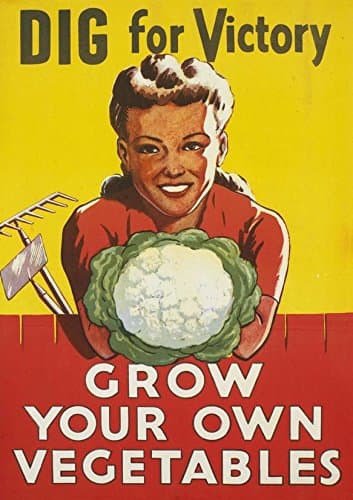
While I appreciate that the majority of students reading this will be lucky if they live within two miles of a bit of green space, let alone have room for their own vegetable garden, it doesn’t necessarily matter.
Even the smallest amount of space can be put to good use to grow your own. Herbs are obviously your go-to for small space gardeners and will provide a splash of colour as well as a delicious addition to your dinner.
But it doesn’t have to stop there. In terms of veggies, spring onions, chillies, tomatoes, radishes, spinach and even lettuce will all grow perfectly happily on a sunny windowsill.
Waste not, want not
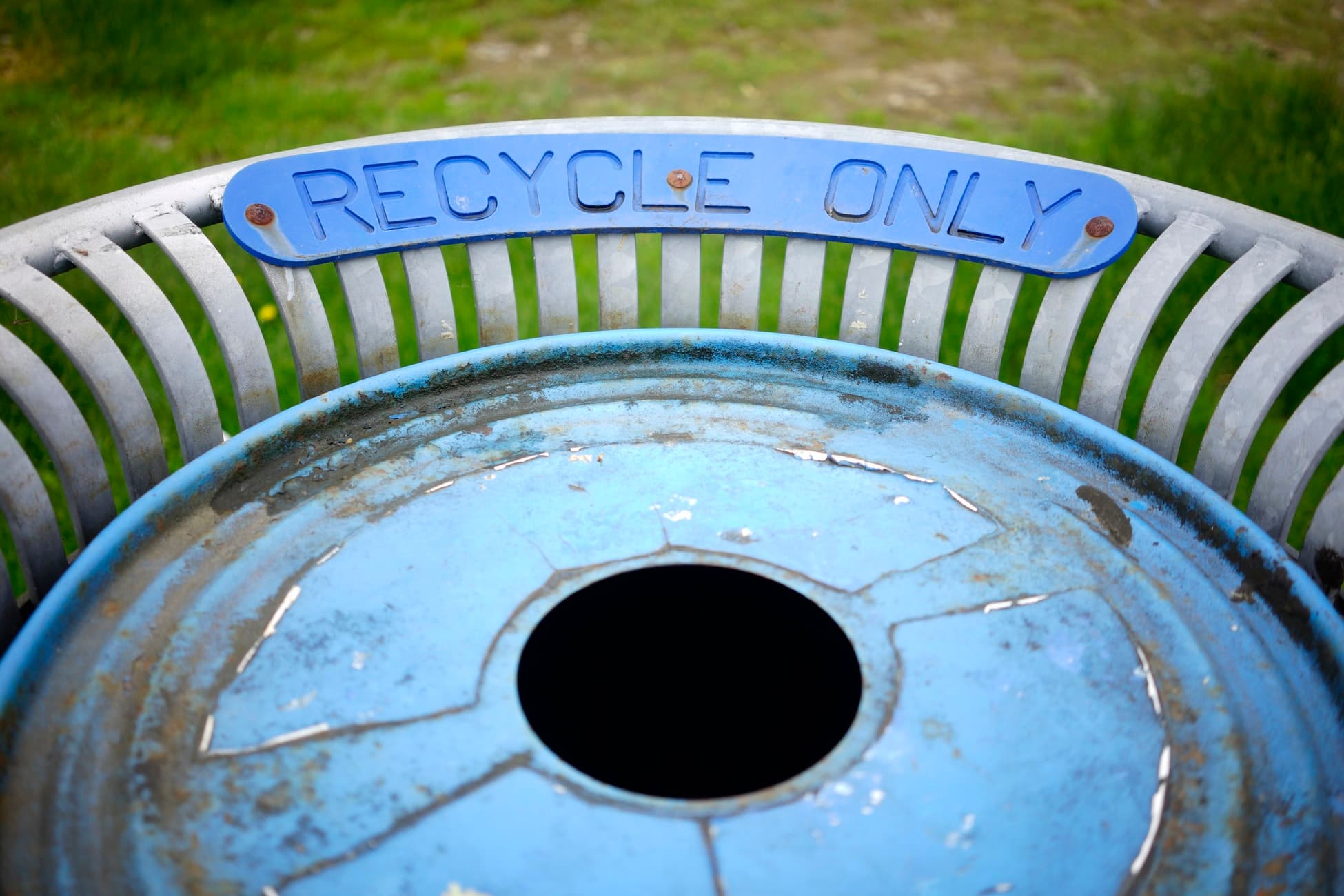
A new report from the World Resources Institute (WRI) says food waste is responsible for 8% of annual greenhouse gas emissions.
Now that might not seem too high, but how about this - 25% of agricultural water use and a land mass the size of China are currently used to produce food that never gets eaten.
If food waste was a country it would be responsible for releasing more greenhouse gases than any nation except the US and China. Just wow.
Minimising your food waste helps the environment in a few ways. It saves the resources and energy that go into producing unneeded food - from farming to packaging to shipping, it makes a huge difference.
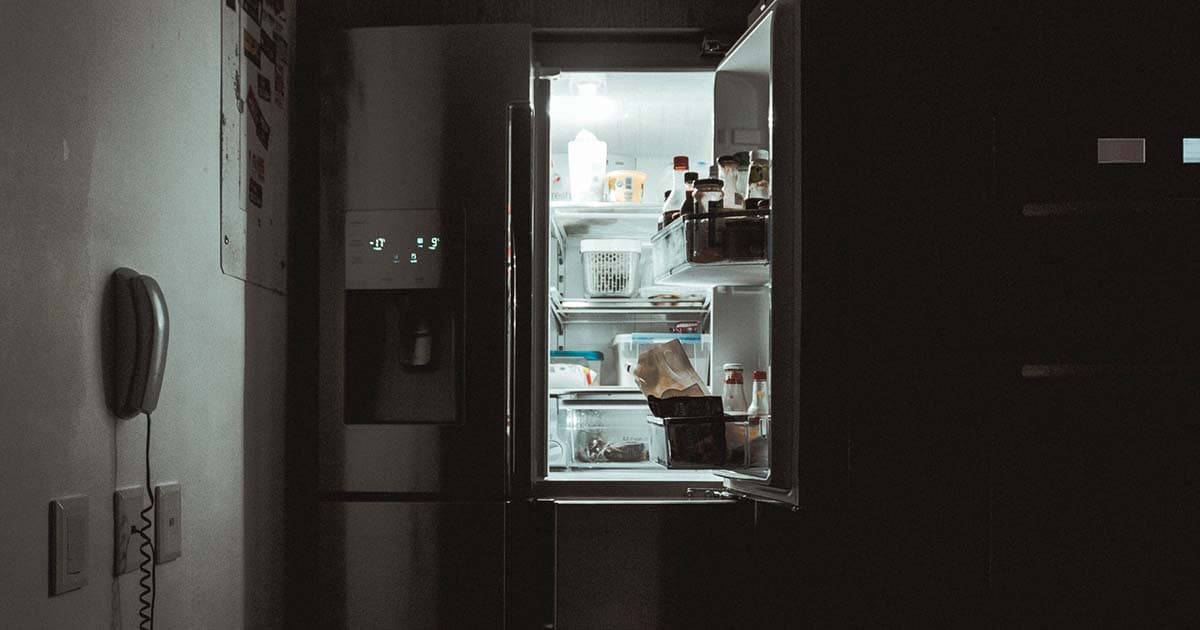
Try and cut down your food waste by planning meals in advance, eating leftovers for lunch, sharing meals with friends and flatmates and even rearranging the stuff in your fridge/cupboard so the perishable items are at the front and are less likely to be forgotten until you can only identify them by their dental records…
Some of this stuff may seem pretty small, but if everyone does their bit and gets into good habits, it’s amazing how quickly societal attitudes can change (remember when it was fine to smoke in pubs and restaurants?) and in the end, it will benefit everyone.

Join TOTUM Student for FREE to access hundreds of student discounts on big-name brands like ASOS, Apple, Myprotein, boohoo, Samsung, and more!
Sign up for FREE, download our amazing app, and enjoy the latest offers, vouchers, coupons and more at your fingertips. Find out more here or download the app for Apple or Android to get started today.
Join the TOTUM club!
Join TOTUM Student for FREE to access hundreds of student discounts on big-name brands like ASOS, Apple, MyProtein, boohoo, Samsung, and more!
Sign up for FREE, download the TOTUM app, and enjoy the latest offers, vouchers, coupons and more at your fingertips. Find out more.
Download The TOTUM App

Stories like this

The UK Is One Of The Best Places To Survive The Apocalypse, Study Reveals
In an unexpected boost for us residents of the UK, a study has revealed that come the apocalypse, we’re actually pretty well placed.

Spread The Word: The SDG Teach In Is Back!
The SDG Teach In is an annual campaign run by Students Organising for Sustainability UK (SOS-UK) which calls upon educators to embed the United Nations Sustainable Development Goals (SDGs) into their teaching, learning or assessment.

Looking For A Job In The Green Industries? Here's How To Get One!
Research from Green Alliance suggests that 94% of people aged 15-24 are looking for green jobs and careers, however many students don’t know how to start a career in this space.




.jpg%3Fw%3D500%26q%3D60&w=3840&q=75)


